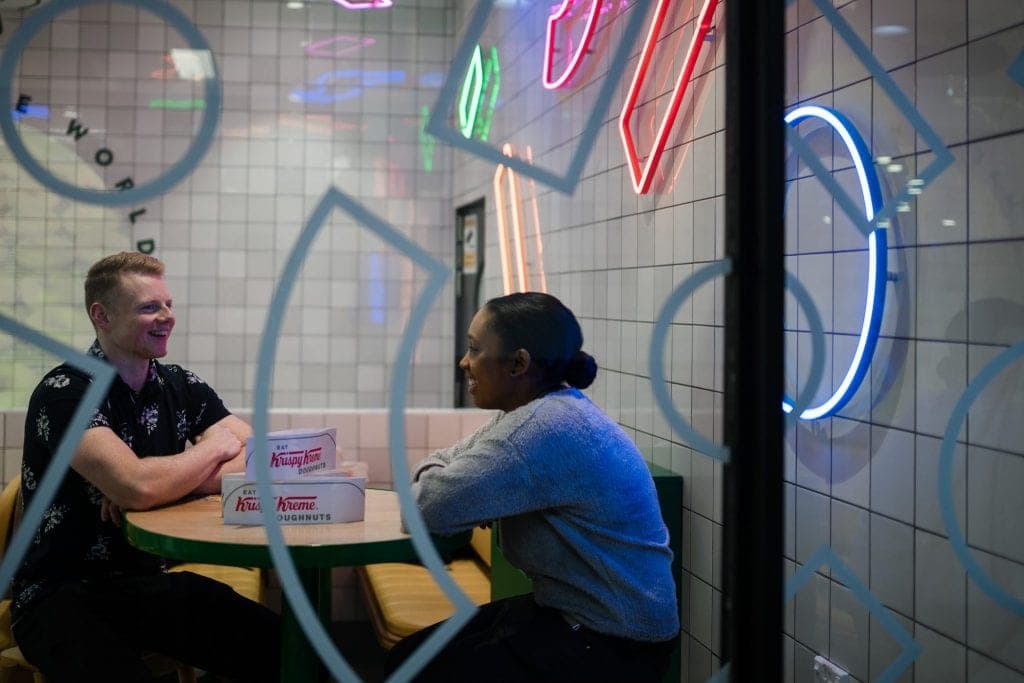Empowering Your Ambassadors with the Information They Need: Accommodation

Unibuddy is all about authentic peer-to-peer interactions between current and future students. We find that a lot of prospective students want to hear ambassadors’ experiences and personal opinions. Ambassadors should be encouraged to share these first-hand accounts and stories, as this is the most powerful communication tool.
But, for the best experience for the prospective student, ambassadors should also be empowered with relevant information about the university and the admissions process.
This is especially important as, in recent years, the UK’s Advertising Standards Authority has cracked down on misinformation or misleading marketing from universities. The Competitions and Markets Authority has issued guidance to Universities on keeping their information full and factual – that information includes what your ambassadors are saying.
There’s no need for ambassadors to be a walking talking prospectus, but giving them some training on processes within your university won’t go amiss, and will help prospective students get the answers they want via Unibuddy.
Where’s the best place to live?
Many student ambassadors would have spent at least one year in student halls – so they can speak about their experience. However, many universities offer multiple room types and packages and it is very unlikely one student will have experienced them all.
It is vital that student ambassadors have at least a rudimentary understanding of the range of accommodation options provided by the university, and what the differences are between them.
Prospective students will ask about all types of accommodation: what they offer, where they are located, what the differences are, and of course what they cost. If the university offers catered and self-catered accommodation options, it’ll be helpful for ambassadors to know exactly how catered options work.
Common questions will ask for the differences between accommodation types (“what is the difference between the £100pw en suite and £110pw ensuite?”), the best accommodation for a course (“I’m studying business management, which room will be best for me?”), and what they can expect in a room (“my room isn’t an en suite – how many people share the bathroom?”).
Crucially – ambassadors will frequently be asked for their personal recommendation. We often encourage ambassadors not to give specific advice, but by knowing the full range of accommodation they can better offer guidance beyond “my room type was the best!”.
Will I need a toaster?
We’ve found that many students are using Unibuddy pre-enrolment. Students have received and accepted their offer, and now want the practical information about what they do and don’t need to bring. This is one of the great advantages of student ambassadors – they have been there, done that. They can tell the story of the 20-piece cooking set they never ended up using, or the fact that they wish they’d brought a second set of cutlery.
But ambassadors should still be given some information on exactly what comes with the rooms and what is available. For example, does every accommodation type include microwaves and kettles? What about cleaning and ironing utensils? Students – particularly international students – want to know if bedding is included. If the answer is no, does the University sell bedding packs? Are there any good shops on or off campus to get all those last minute essentials?
This is the sort of information that many ambassadors will be able to answer from their own experience, but it is worth ensuring that their knowledge extends to all accommodation options on campus.
How much will it cost?
The number of questions ambassadors get about finance could fill a blog post of its own – but it is worth mentioning here. Prospectives frequently ask about costs and it is important that your ambassadors are honest and accurate. It’s very likely that the price of accommodation has gone up if it was a few years since they stayed in halls. Or, the price may go up by the time the prospective student enrolls. If the ambassador gives an inaccurate price for the accommodation, this would be a breach of the CMA advice and could land the university in hot water.
It is a good idea to give ambassadors up-to-date information on accommodation prices – and what exactly this includes (bills, TV license, food). Otherwise, make sure ambassadors are always clear that the prices they are citing are what they paid, and in what year.


